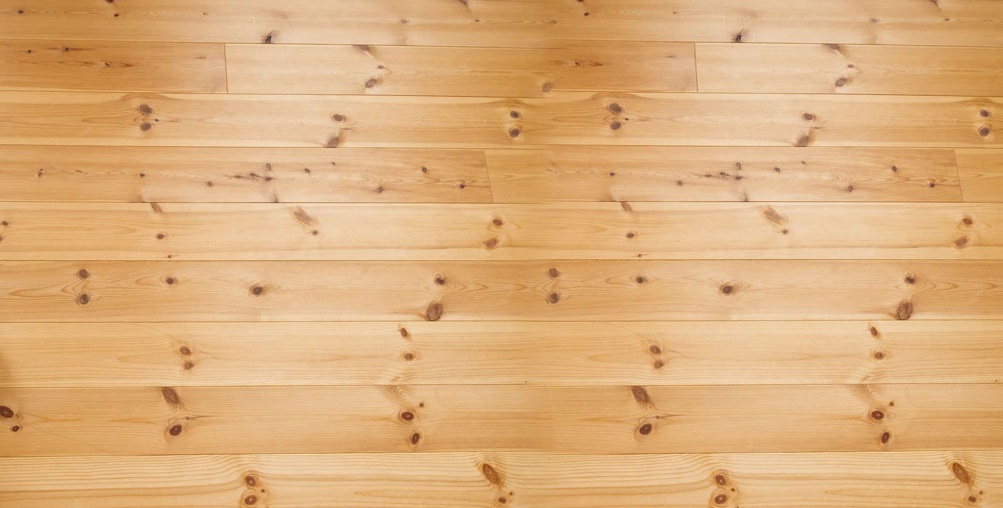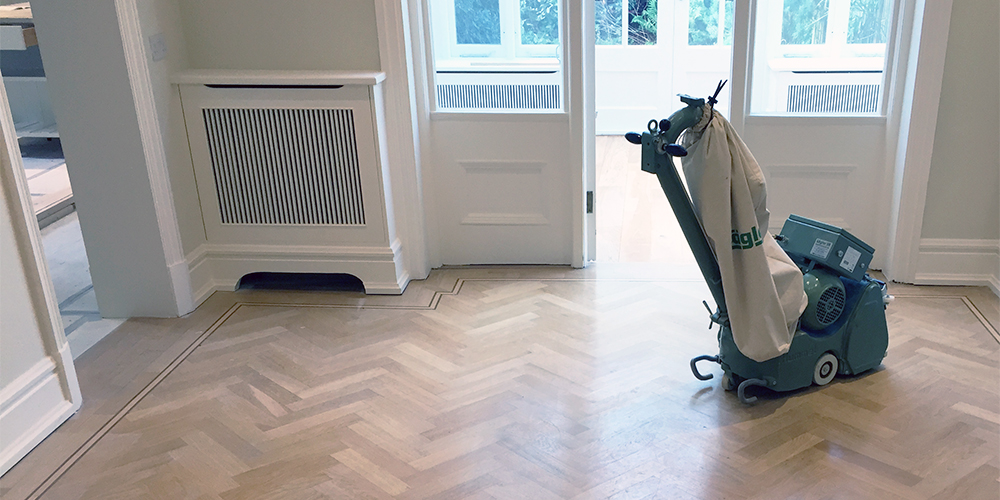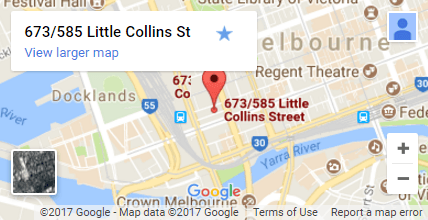I would like to introduce you to the materials that are used in Floor sanding & polishing Melbourne. There are many different kinds of materials that you can use for this, but I will focus on two main groups: water-based polyurethanes and solvent-based polyurethanes.
In this blog post, we will discuss what each of these materials does, how they differ from one another and why they should be your first choice when it comes to finishing your hardwood floors.
Water-Based Polyurethanes
Water-based polyurethanes are made from water, resins, and solvents. These materials combine to form a gel that can be used to coat Floor sanding & polishing Melbourne.
Water-based polyurethanes are very easy to apply, clean up, and recoat—and they’re environmentally friendly!
Elastic-type resins (or “softeners”) help the product spread easily over your flooring surface. You’ll find these in most water-based paints or stains on the market today because they make it easier for you as an applicator or consumer when applying these products onto your floors (i.e., they make it easier).
This is because elasticity allows them to bounce back if you accidentally bump into something while painting/staining; this means less waste from falling into crevices between boards which could potentially cause damage later down the line when those boards need replacing due to their deteriorating condition over time due lack of proper maintenance methods being used regularly throughout each day by homeowners.

Solvent-Based Polyurethanes
The most durable polyurethanes are solvent-based polyurethanes, which are applied in thin coats and allowed to dry. They’re also known as waterborne polyurethane coatings.
They aren’t ideal for high-traffic areas because they’re so hard that they won’t wear down easily under foot traffic or other heavy loads like furniture or boxes filled with bookshelves (which can weigh up to 500 pounds).
This makes them less desirable than other types of flooring protectors, such as oil-based ones (which are softer) or low VOC (volatile organic compound) products such as acrylic latexes that contain no solvents at all!
Modified Oils
Modified oils are used to improve the appearance of sanded surfaces. They’re water-repellent and can be applied in a thinner layer than other materials, which makes them easier to use and clean up.
However, modified oil finishes are more difficult to apply evenly and will wear out faster because they tend to be less durable than water-based polyurethanes or oils alone.
Modified oils also have a tendency to get hot during application—which means you’ll want to make sure there’s plenty of ventilation around where you’re working on your flooring project!
Natural Oil Finishes
Natural oils, such as linseed oil and tung oil, are not very durable. They’re also very prone to cracking and chipping.
Oil finishes are not very flexible or easy to maintain because they don’t absorb moisture from the air as silicone does.
Oil finishes aren’t resistant to water either; a spilled glass of water will leave an oily ring around its edges on your wood flooring surface!
Another drawback of using natural oils as a finish is how easily they can be damaged by solvents like acetone or turpentine, which weaken their adhesion power and cause them to flake off in large chunks after being sanded down with coarse-grit sandpaper (or just being scraped away by hand).
There are many different ways for Floor sanding & polishing Melbourne, and we’ve just covered the most common ones. Each of these materials is very effective at removing dirt and keeping your floor looking clean, shiny and new.
Thus it is essential to select the right services. Timber Floor Sanding Melbourne offers a passionate and dedicated team that can handle all types of residential and commercial work with ease and simplicity. Our knowledgeable crew will assist you with any flooring tasks, including sanding, repairs, and installation.


